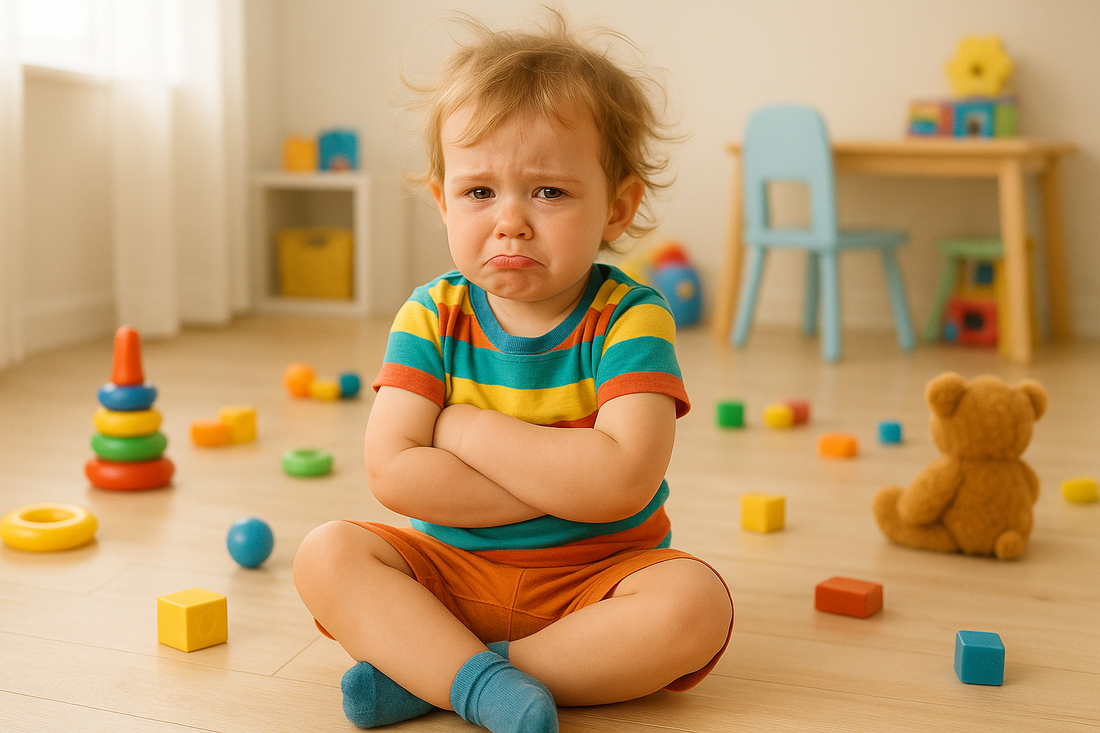
Why Is My Kid So Whiny? Understanding & Helping Your Child
Share
Introduction
“Why, why, why why do I have to…?” If you’re a parent, you’ve probably heard your child’s whiny voice more times than you can count. Whining is one of the most common parenting struggles. The good news? It’s not a sign something is “wrong” with your child. It’s a normal stage of development — and with the right approach, you can guide your child toward calmer, clearer communication.
As a mother and pedagogue, I hear whining at home and in the families I work with. Over time, I’ve learned that whining is more than just noise — it’s a signal.
Why Kids Whine/Cry
1. They lack the words to express big feelings
Small children often don’t yet know how to say “I’m tired,” “I’m hungry,” or “I need attention.” Whining fills the gap when language skills or self-control aren’t strong enough.
2. It gets results (at least once!)
If whining leads to a parent giving in, even just once, children learn quickly that this strategy can work. It becomes a habit.
3. They need connection
Whining often means “see me, hear me, be with me.” Sometimes the child doesn’t even know what they want — they just want you.
4. Overstimulation or tiredness
After a long day, children don’t have the energy to manage emotions. Whining is their way of offloading stress.
How Parents Can Respond
✅ Stay calm and neutral
Reacting with frustration usually fuels more whining. A calm voice shows your child whining isn’t the best way to be heard.
✅ Acknowledge the feeling
Try: “I hear you. You’re upset because you wanted the red cup.” This shows empathy while keeping boundaries.
✅ Teach alternative words
Offer your child simple phrases: “Can you say, ‘I need help, please’?” Repetition teaches them a more effective way to ask.
✅ Offer choices
Instead of a flat “no,” give options: “You can have apple or banana.” This gives control without giving in.
✅ Prevent with routines
Snack, rest, and play at regular times reduce the chance of whiny meltdowns. Predictability helps children feel secure.
From Whining to Communication
Whining doesn’t mean you have a “bad” or “spoiled” child. It means your child is still learning how to manage emotions and express needs. With patience, empathy, and consistency, whining gradually transforms into real words and healthy communication.
As both a mom and a pedagogue, I remind myself daily: whining is just another stage in growth — and with calm guidance, it passes.